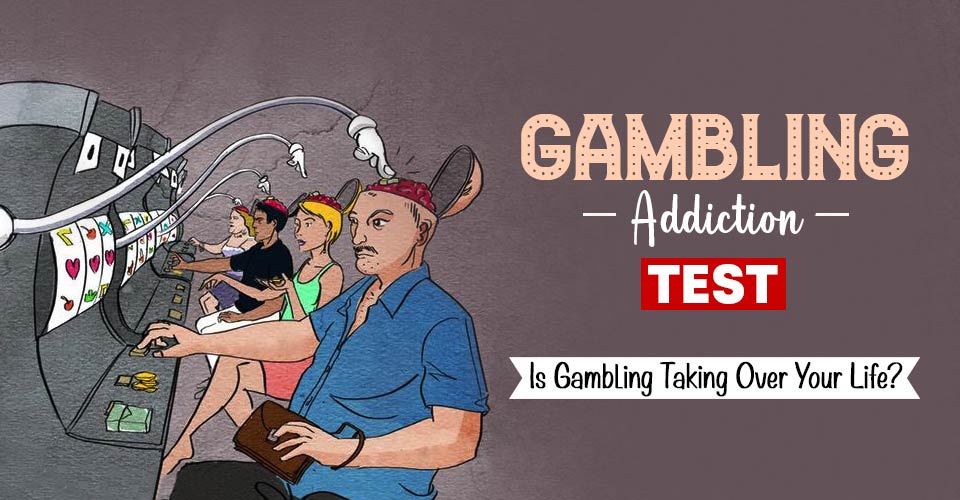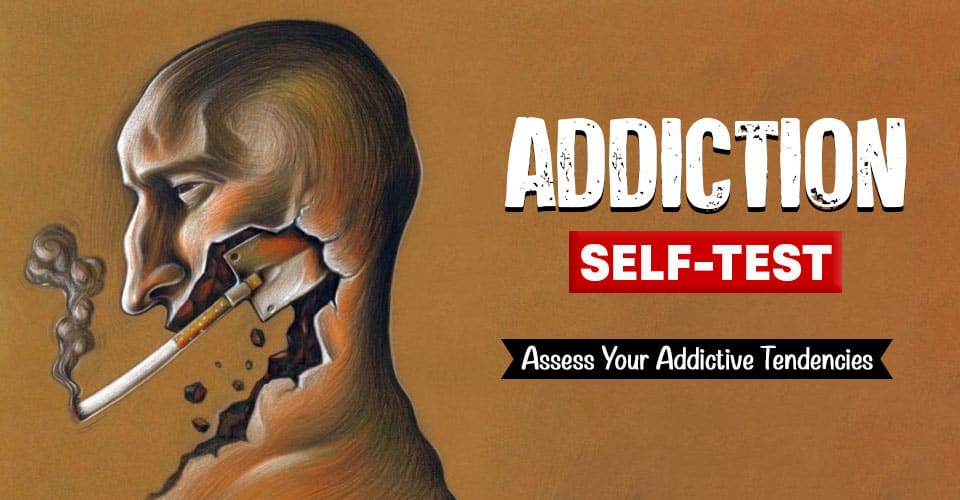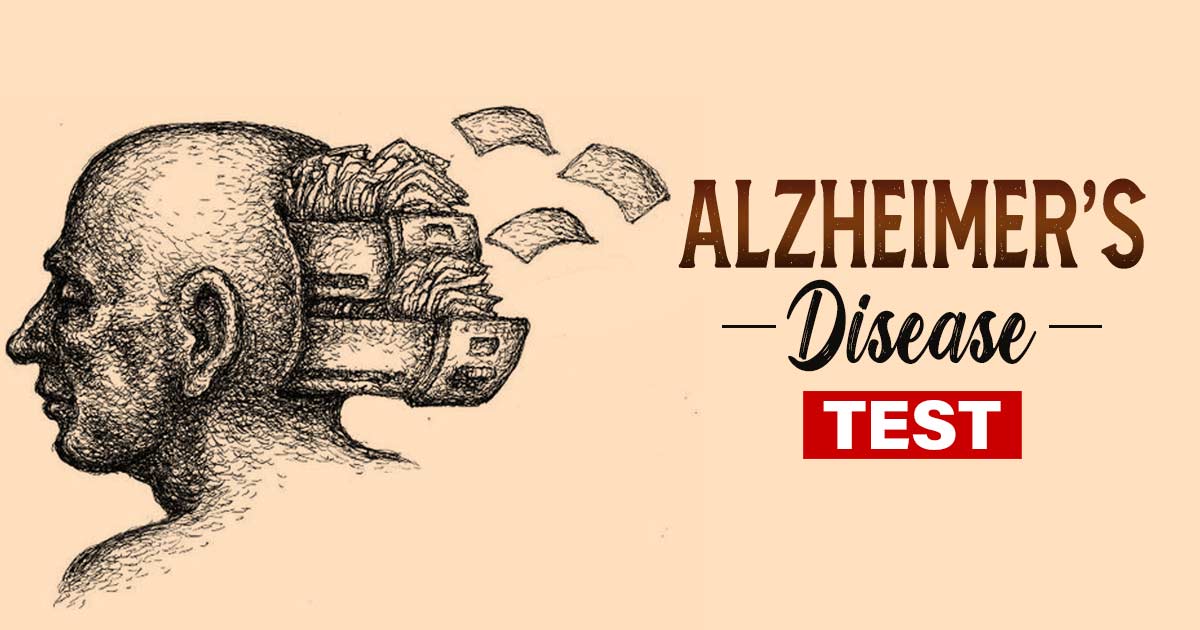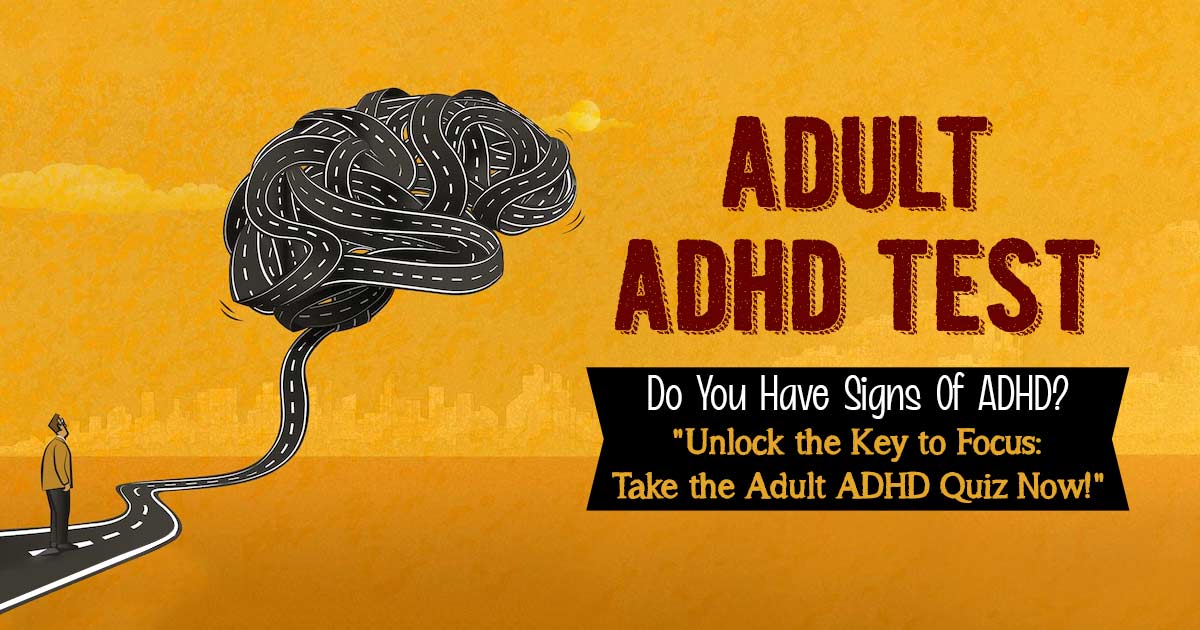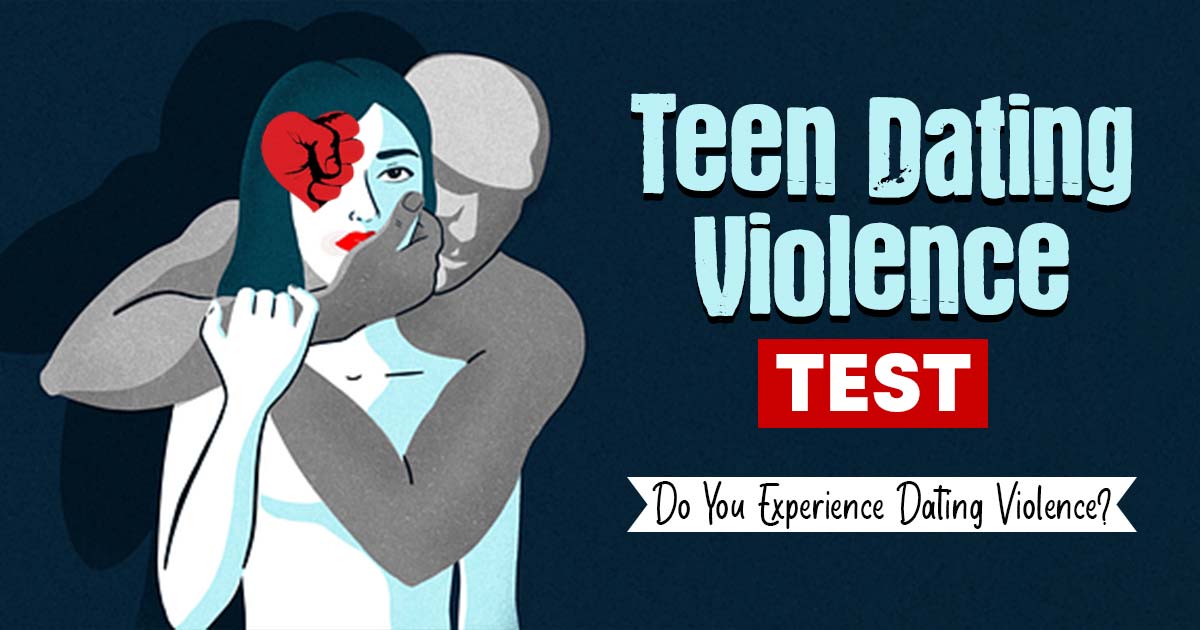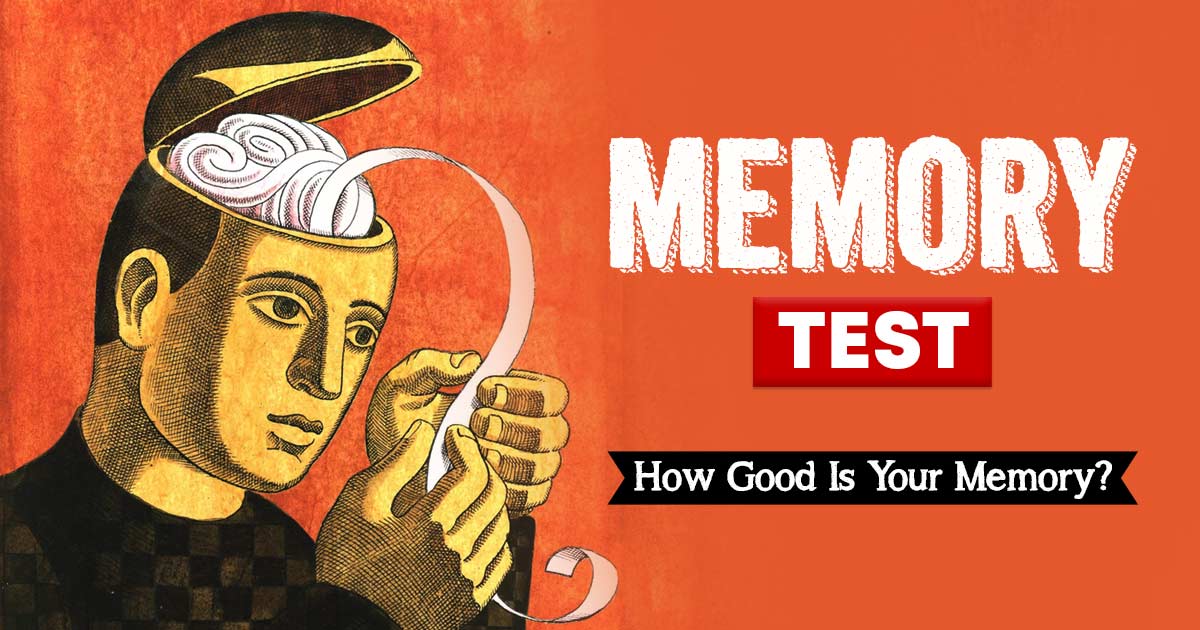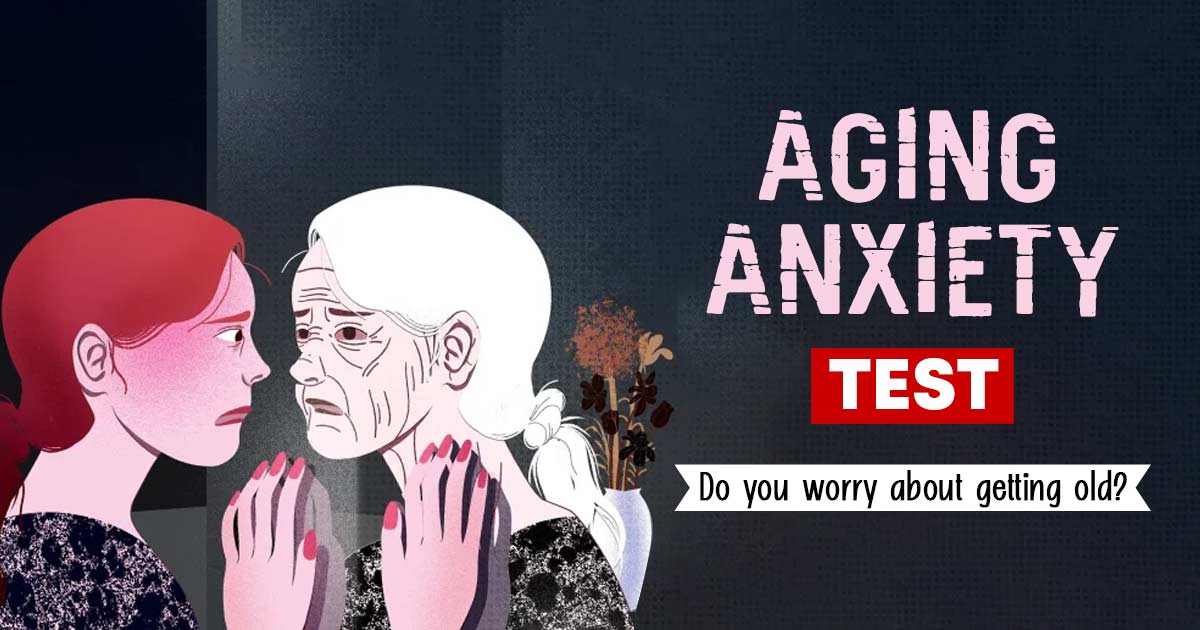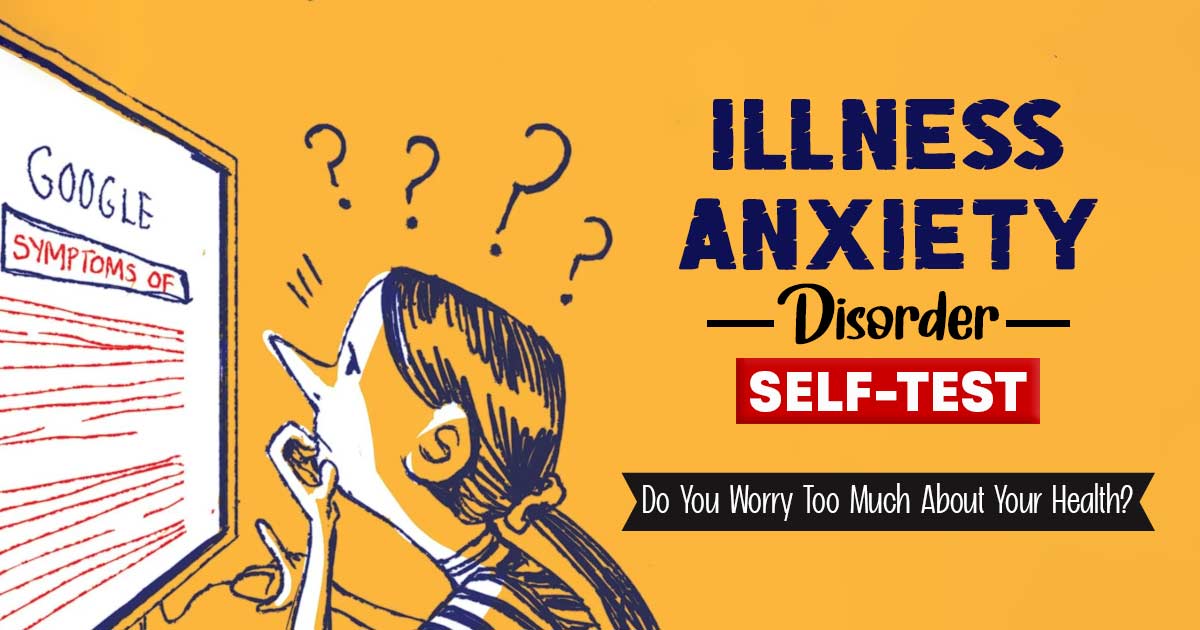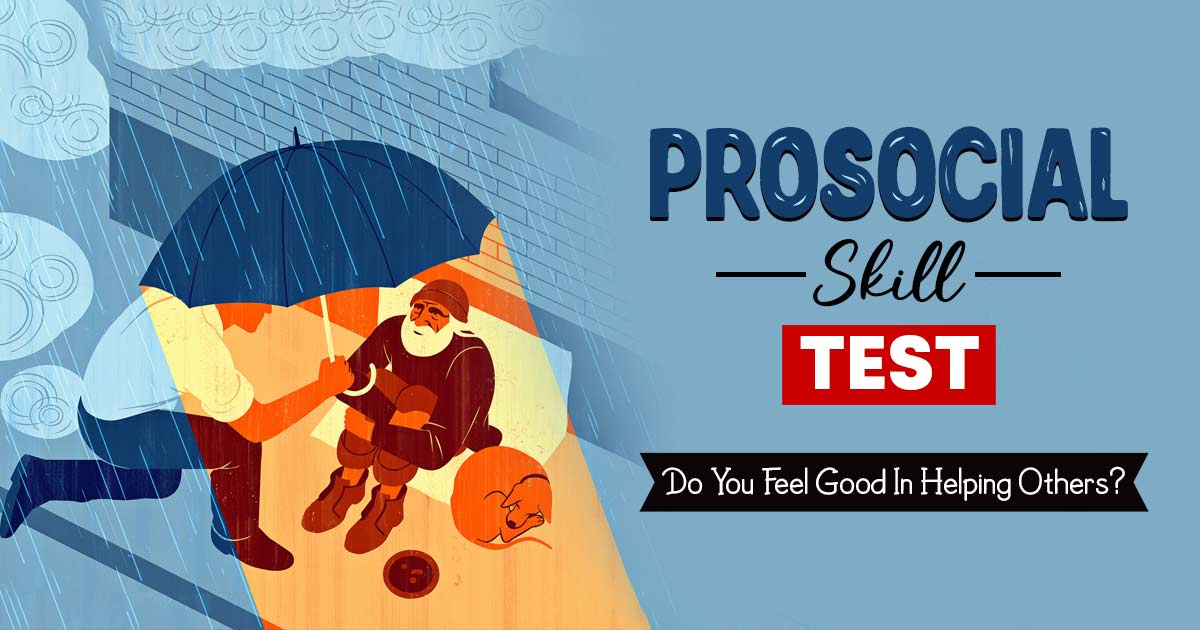Do you engage in gambling activities? Do you hide or lie to your friends and family about your gambling habits? Have you resorted to borrowing or requesting money to fund your gambling? Do you struggle to control your gambling impulses despite your best efforts? If you are unsure whether you have a gambling addiction, take this Gambling Addiction Test to gain clarity.
What Is Gambling Disorder?
Gambling disorder, also known as compulsive gambling or gambling addiction, is a mental health condition characterized by an inability to control one’s gambling behavior despite negative consequences.
Gambling disorder is a complex condition that can be influenced by a variety of factors, including biological, psychological, social, and environmental. Some people may be more vulnerable to developing gambling disorders due to specific genetic or neurobiological vulnerabilities, while others may be influenced by stress, trauma, or other environmental stimuli.
In order to be diagnosed with gambling disorder, a person must exhibit at least four of the following symptoms over a 12-month period:
- Needing to gamble with increasing amounts of money to achieve the desired level of excitement
- Making repeated unsuccessful efforts to control, cut back on or stop gambling
- Preoccupation with gambling, such as constantly thinking about past gambling experiences or planning the next gambling venture
- Gambling when feeling distressed, anxious, or depressed
- Lying to family members and losing significant relationships, jobs, and career opportunities because of gambling
Read More About Gambling Disorder Here
Instructions For Taking Gambling Addiction Test
Below is a list of statements related to an individual’s gambling habit. Please read each statement carefully and rate the extent to which these are relevant to you.
Please note: This gambling addiction self test is a self-assessment and not a diagnostic test.
